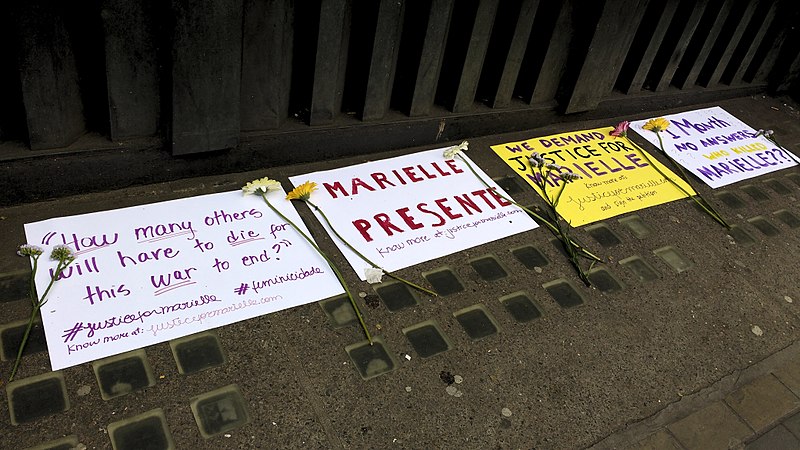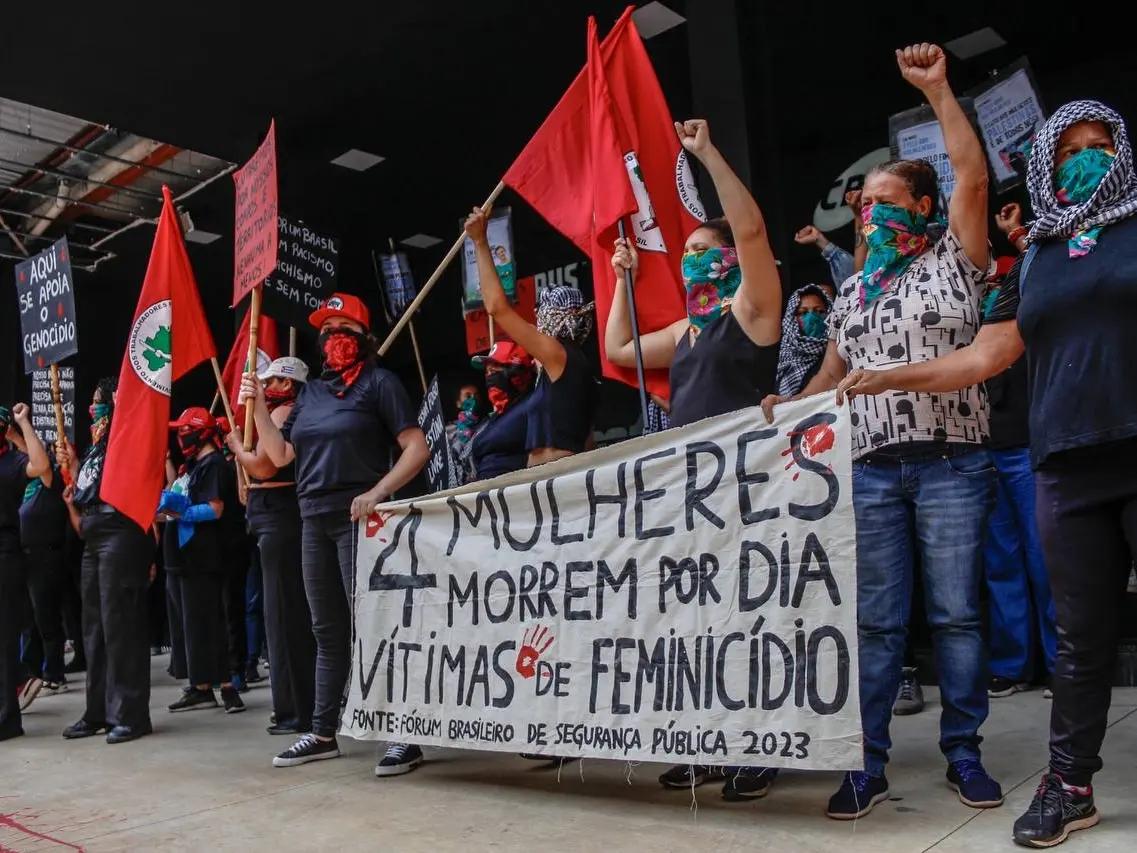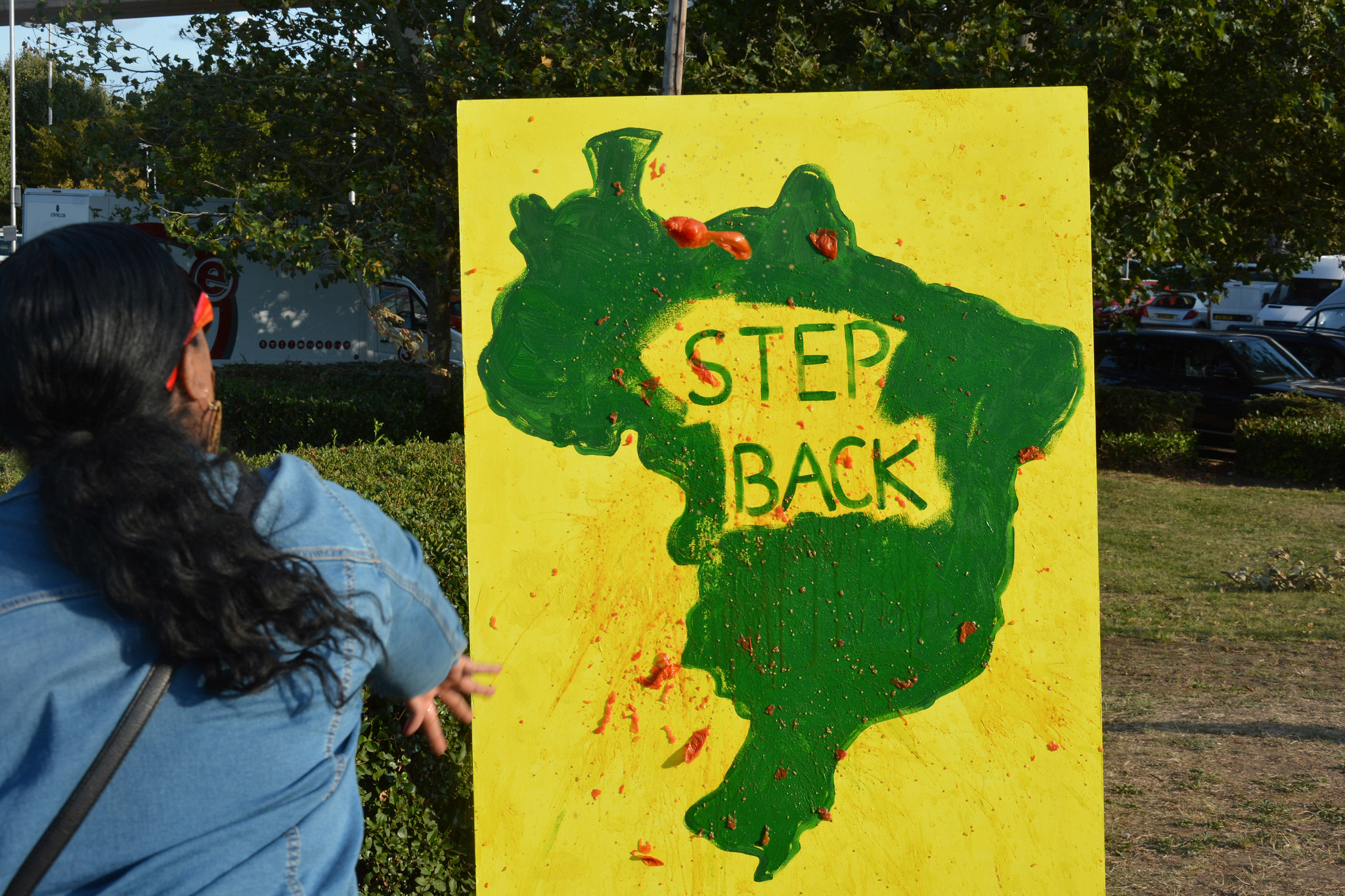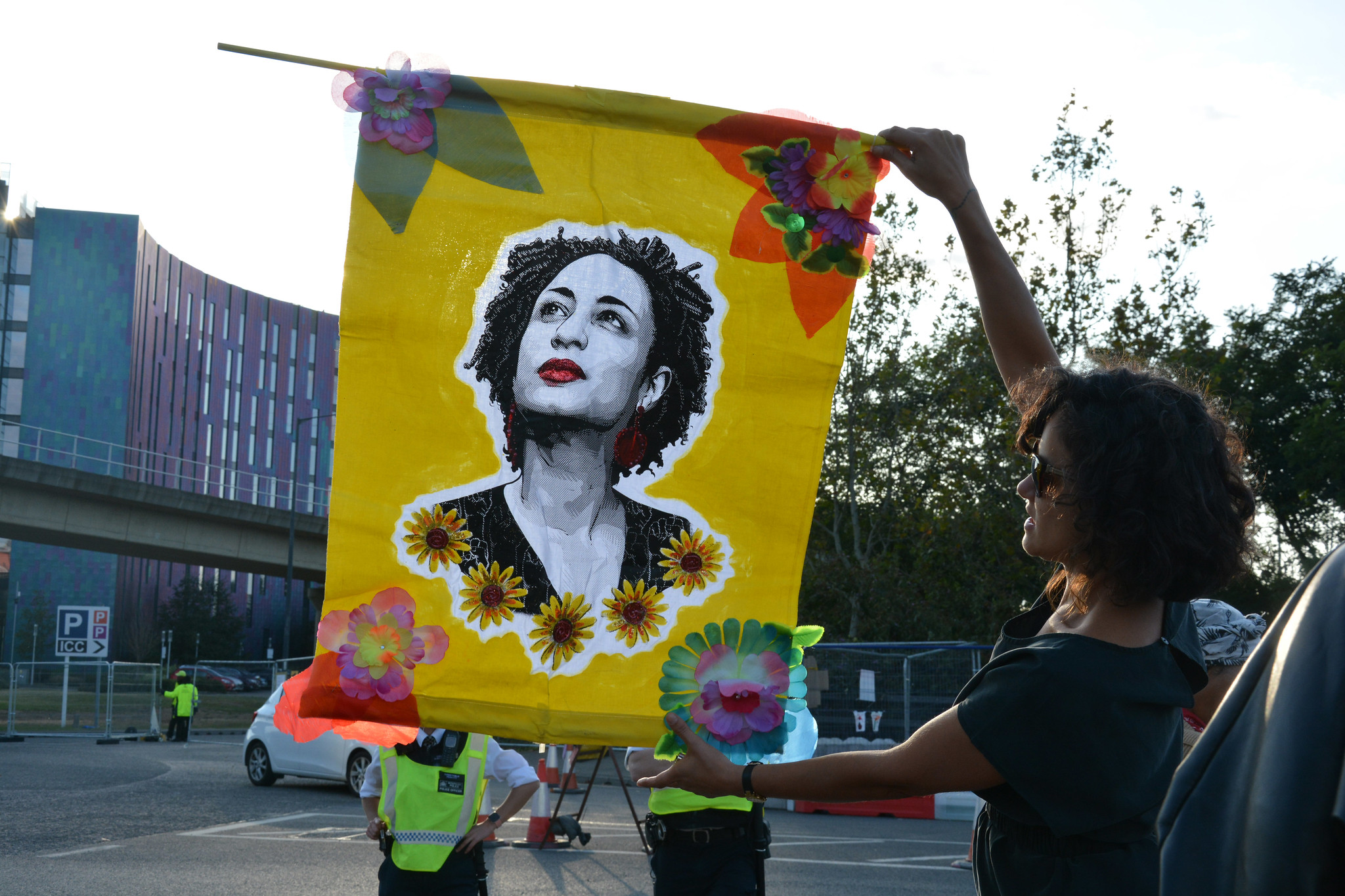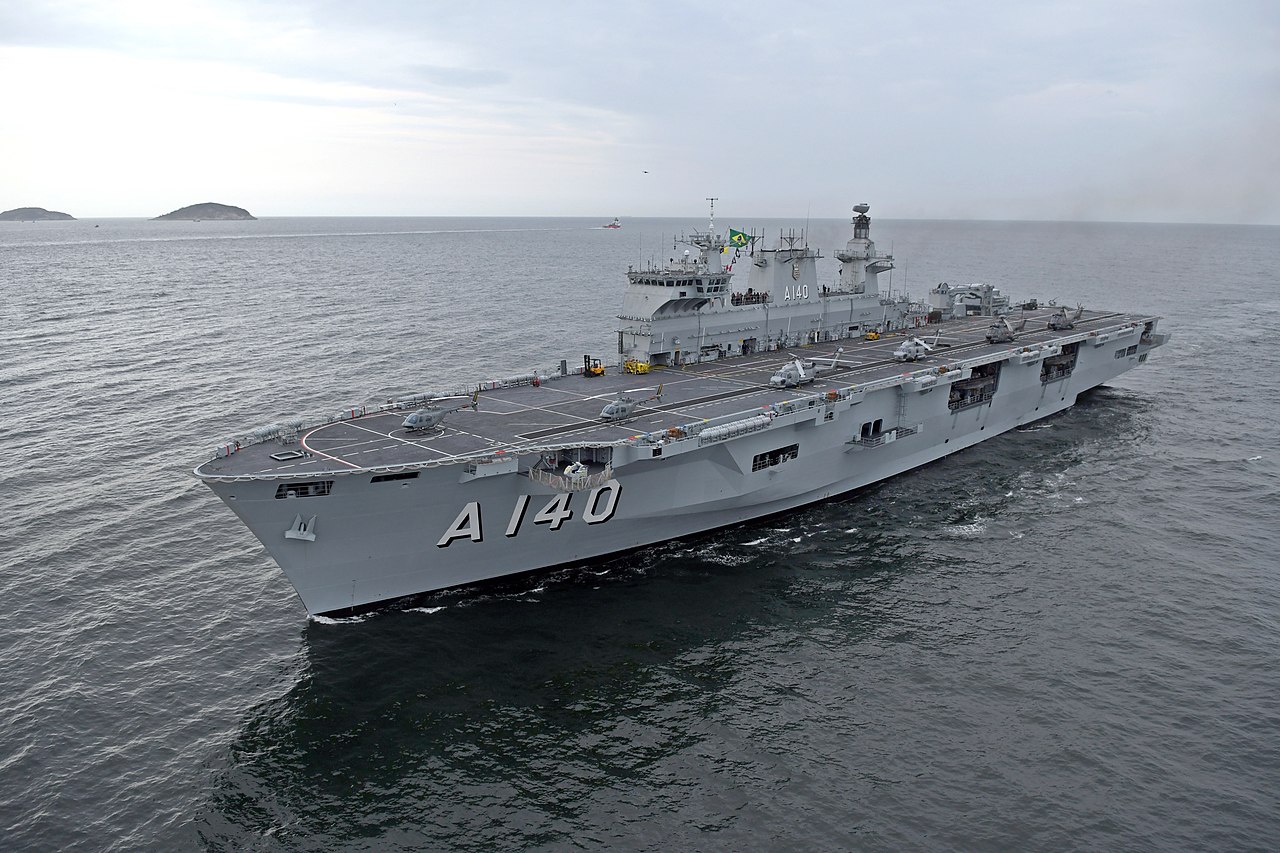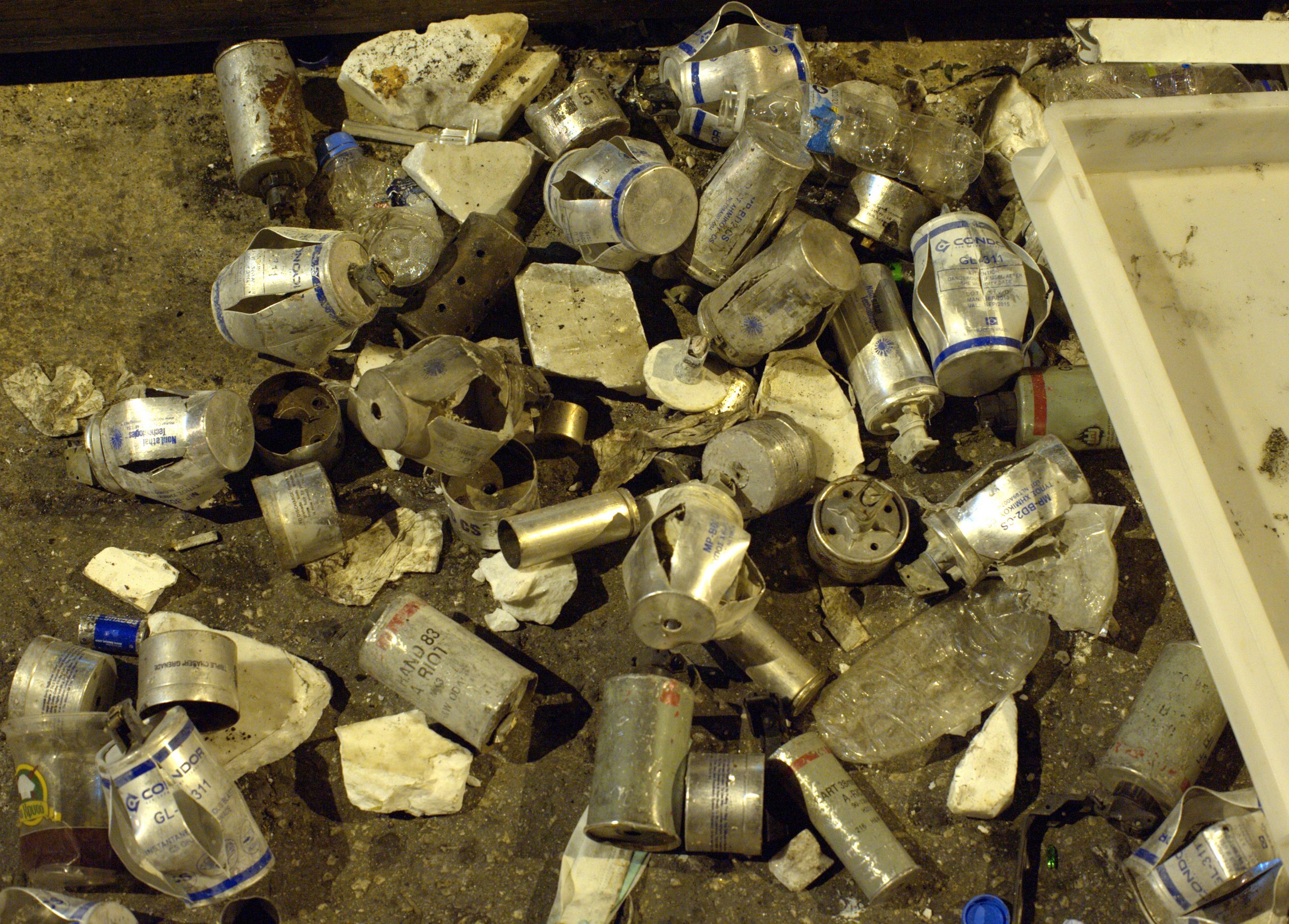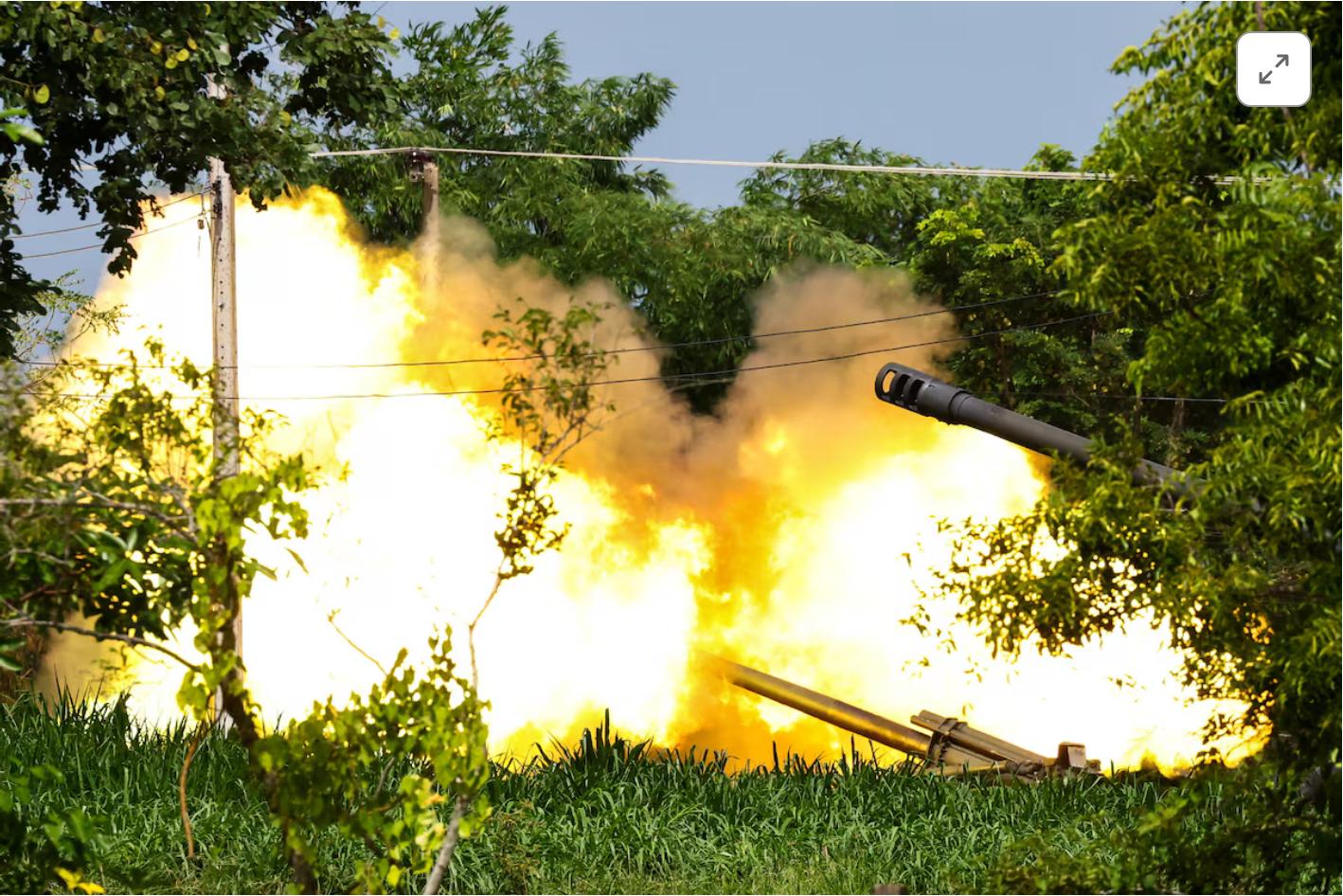Introduction
Brazil is by far the largest country in Latin America, with a population of 213 million people. It is a functioning democracy, with its democratic institutions having survived a period of far-right rule from 2019-22 by former President Jair Bolsonaro, and an attempted coup he instigated after losing the 2022 Presidential election to current President Luis Ignacio da Silva (Lula). In 2025, he was sentenced to jail for his role in the attempted coup.
Despite this, Brazil has a severe problem of armed violence by police, militia, and armed criminal gangs in urban favelas where poor, marginalised, mostly black sections of the population live. This is a result of severe anti-black racism that is a legacy of slavery. Brazil has a significant domestic arms industry, including two companies that are major producers and exporters of small arms (Taurus), and tear gas (Condor Non-Lethal Technologies). Brazil is also a mid-level arms importer, with France its principal supplier, but also significant imports from Sweden, Italy, the US and the UK.
Brazil is not a country with a high relative level of military spending to GDP, although due to its size it remains a significant spender in absolute terms, at $21 billion in 2024 according to SIPRI, the 21st highest worldwide, and by far the highest in Latin America. It has nonetheless consistently kept military spending under 2% of its GDP, and down to 1.0% in 2024. Brazilian military spending mostly concerns personnel costs, particularly retired personnel, in levels far above developed countries and countries with similar economies. Historically, 80% of Brazilian military spending was payroll – a clear sign of the country’s unresolved authoritarian legacies that mostly benefited not only politically, but also economically, those associated with the Armed Forces.
Brazil was under direct military rule from 1964 until 1985, when a new democratic phase was inaugurated. President ‘Lula’ da Silva of the left-wing Worker’s Party, once fiercely opposed by the military, was elected in 2002. During Lula’s and his Worker’s Party successor, Dilma Roussef, Brazil saw an economic boom, accompanied by government spending that benefited the urban poor, Black people and other significant sectors of the Brazilian working class. However, Brazilian military spending also boomed under Lula, despite his history with the military.
However, corruption scandals involving State companies such as Petrobras led to the impeachment of Lula’s successor Dilma Roussef in a highly controversial process. In January 2018, far-right President Jair Bolsonaro, former military, was elected. Bolsonaro did favour the military in many ways, although not in terms of budget. Despite promises to increase military spending, it fell steadily through Bolsonaro’s term, by 18.7% in real terms from 2018-22. But a major winner of the Bolsonaro years, thanks to his strong personal support, was the private small-arms company Taurus. Thanks to Bolsonaro’s lax gun laws, between 2018 and 2022, Taurus’ shares skyrocketed, as well as its profits.
In the 2022 presidential election, Bolsonaro was defeated by former President Lula, who took office in January 2023. Since his return to power, Lula has reinstated gun control policies that have undercut some of Taurus’ gains. Military spending has remained largely steady in real terms since 2022 – which has had the Brazilian Defense Studies Association criticizing its shyness in relation to the military and the unjustified public spending on arms from a country that would have much more to gain from public spending in education and healthcare. Concerning gun production, sale and buying, the difference between left and right in Brazil seem to be that of mainly supporting privately-owned small weapons or heavy State-produced military machinery. For a highly unequal country, not taking part in any major international conflicts and proud of its peaceful international relations, both alternatives are questioned by civil specialists and civil society alike.
References:
- SIPRI Military Expenditure Database
- Silva, Diego Lopes da. “How Brazil’s Political and Economic Crisis Affects Its Military Spending.” SIPRI Commentary (Blog), June 22, 2017. Accessed 09/07/2025, available at: https://www.sipri.org/commentary/blog/2017/how-brazils-political-and-economic-crisis-affects-its-military-spending/
- Folha de S.Paulo. “Lula’s Military Spending Shift: More Investment, Lower Personnel Costs.” Folha de S.Paulo (English Edition), February 18, 2025. Accessed September 7, 2025. https://www1.folha.uol.com.br/internacional/en/brazil/2025/02/lulas-military-spending-shift-more-investment-lower-personnel-costs.shtml/
- Valor International. 2023. “Lula Echoes Bolsonaro, Prioritizes Military with New Investment Program.” Valor International, August 20, 2023. https://valorinternational.globo.com/politics/news/2023/08/20/lula-echoes-bolsonaro-prioritizes-military-with-new-investment-program.ghtml


